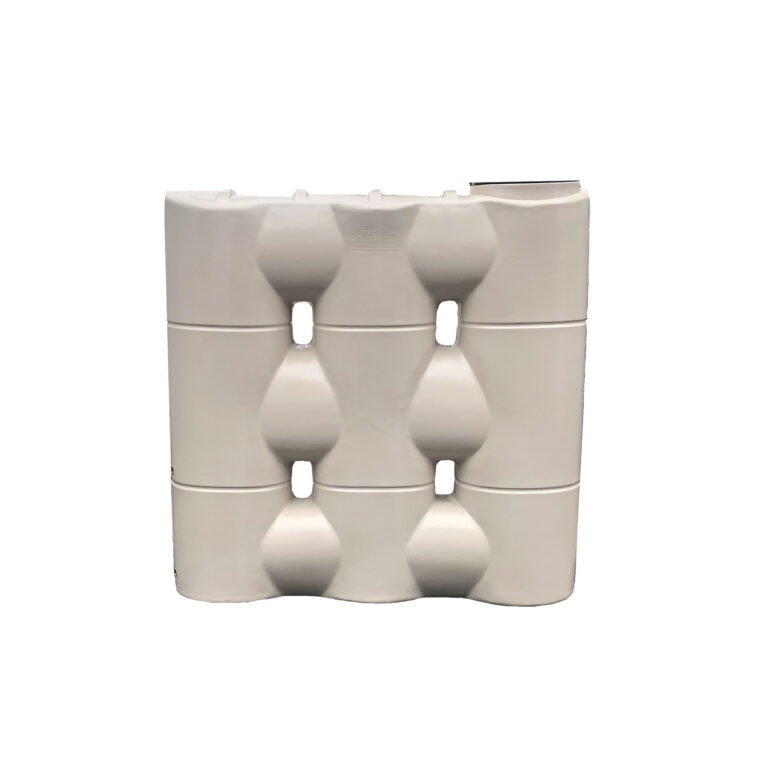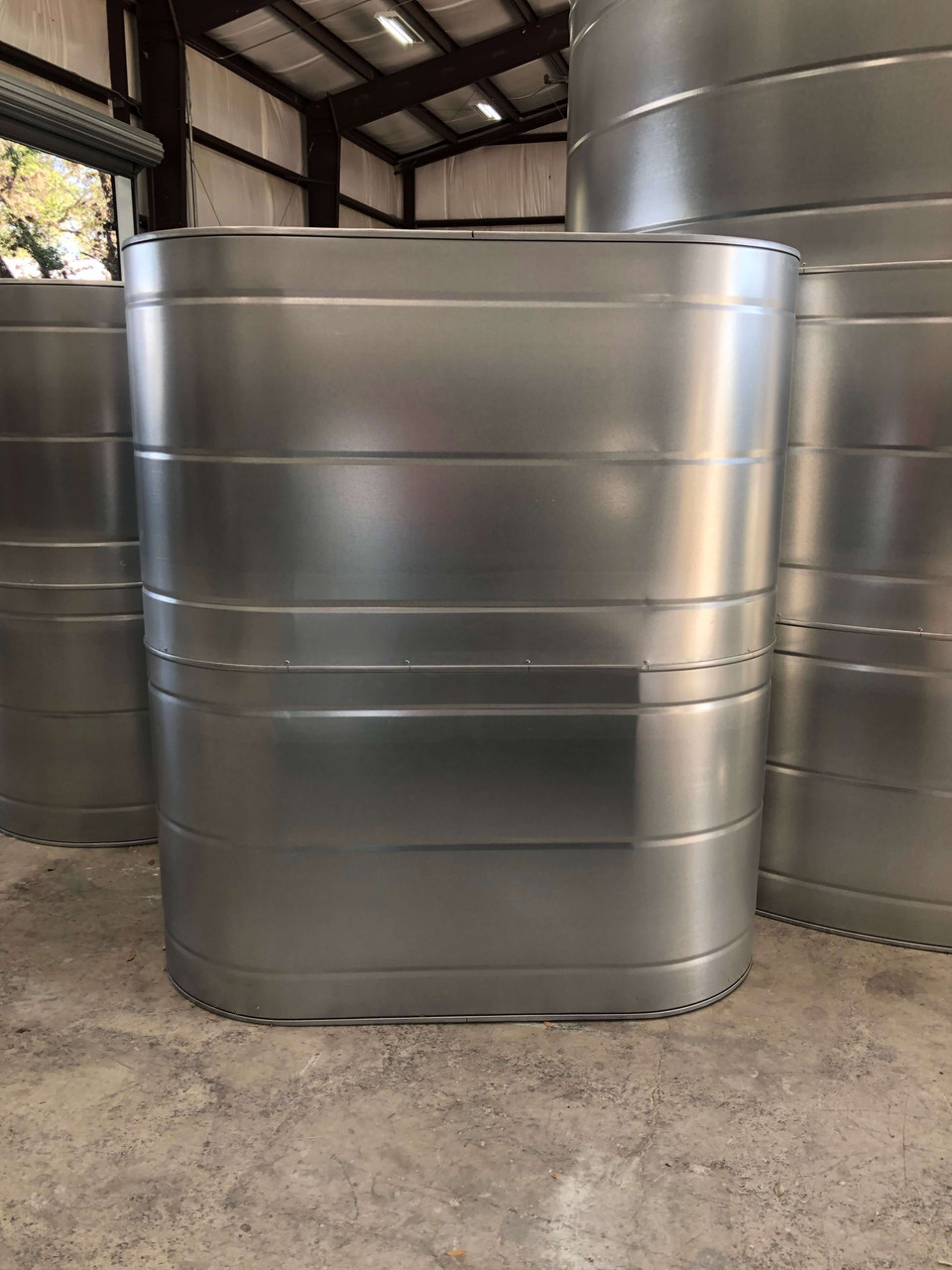Exploring the Numerous Uses of Rain Storage Tanks for Residential and Commercial Characteristics
As the global concentrate on lasting living techniques remains to increase, the use of rain tanks in both residential and commercial settings has actually become a pertinent service. These storage tanks offer a reservoir for rainwater harvesting, providing a myriad of prospective applications that prolong far past plain storage space. From watering to toilet flushing and landscape design, the adaptability of rainwater containers is large. Moreover, their combination right into business properties opens up a realm of possibilities for eco conscious companies. The multifaceted uses of rain containers present a compelling situation for their adoption, not just as a practical water-saving step however also as a testimony to liable source management.
Advantages of Making Use Of Rainwater Tanks
Using rainwater tanks offers numerous benefits for both homes and neighborhoods in regards to water conservation and sustainability. One of the key advantages of utilizing rainwater containers is the significant reduction in reliance on keys supply of water - Slimline water tanks. By capturing and storing rainwater for later usage, people and neighborhoods can decrease their demand for treated water, inevitably relieving the concern on water treatment centers and decreasing power consumption connected with water transportation and treatment
Additionally, rainwater collecting through containers offers a reputable alternative water source during times of water constraints or scarcities. This kept rain can be made use of for various non-potable objectives such as watering, flushing bathrooms, and cleaning clothes, lowering the pressure on conventional water resources. Additionally, using rain tanks can cause cost financial savings for both houses and areas by decreasing water expenses and lowering the demand for costly framework growths to fulfill growing water demands.
Essentially, the utilization of rainwater containers uses a sustainable and ecologically pleasant strategy to water management, benefiting both individual customers and the broader community in regards to water conservation, cost-efficiency, and strength.
Rain Container Usage in Irrigation
Offered the advantages of rain storage tanks in preserving water resources and decreasing dependence on keys supply of water, a substantial application lies in using stored rainwater for watering objectives - Slimline water tanks. Rain harvesting systems can properly collect and store rainwater, supplying a sustainable water source for watering gardens, lawns, and agricultural fields. By utilizing rainwater for irrigation, homeowner can decrease their dependence on cured water resources, causing cost savings and ecological benefits

One of the main benefits of using rainwater for watering is its pureness. Rainwater is naturally soft and devoid of the chemicals and ingredients typically located in mains water, making it optimal for beneficial plants without the threat of hazardous impacts. In addition, rain is at ambient temperature, which can benefit plant development by staying clear of temperature level shocks that can occur with chilly keys water.
Rain Containers for Commode Flushing

Carrying out rainwater containers for toilet flushing is a cost-efficient and official source ecologically friendly method that can be easily incorporated into both property and commercial properties. The kept rain can be utilized to flush commodes by linking the container to the existing plumbing system. This straightforward yet effective remedy can considerably lower water consumption in a structure, specifically in areas where water deficiency is a concern.

Integrating Rain Tanks in Landscape Design
A reliable strategy for boosting sustainability in landscaping entails incorporating rainwater tanks to maximize water use and advertise green techniques - Slimline water tanks. Integrating rainwater containers in landscape design provides numerous advantages for both property and commercial homes. These tanks can record and keep rainwater drainage from roofing systems, which can then be utilized for watering yards, yards, and plants. By utilizing rain for irrigation objectives, residential property owners can lower their reliance on municipal water resources, leading to set you back savings and preservation of precious water sources.
Along with providing a lasting water resource for landscaping requirements, rain tanks can also assist in taking care of stormwater runoff. By catching rain that would certainly otherwise stream right into tornado drains, these tanks can alleviate disintegration, reduce flooding risks, and stop air pollution of natural water bodies. Incorporating rainwater storage tanks in landscaping can contribute to the general visual charm of the building, showcasing a dedication to ecological stewardship.
Business Applications of Rain Containers
Utilizing rainwater tanks in commercial settings offers a sustainable solution for water management and conservation, benefiting businesses and the environment alike. Business applications of rain containers are varied and significantly prominent because of the expense savings and environmental benefits they give. One vital business usage is for irrigation purposes, where harvested rain can be made use of to water landscaping, gardens, and agricultural areas bordering industrial homes. This can result in significant decreases in water costs and dependence on community water resources.
In addition, rainwater collected in storage tanks can be dealt with and made use of for non-potable purposes within commercial residential properties, such as flushing commodes, cleaning, and cooling systems. In general, the consolidation of rain containers in commercial settings presents a useful and ecologically liable strategy to water monitoring.
Conclusion
To conclude, rainwater storage tanks use many advantages for both domestic and industrial residential properties. From watering to commode flushing and landscape design, the usage of rain containers can aid conserve water sources and reduce water Your Domain Name bills. Additionally, incorporating rainwater storage tanks in industrial settings can result in considerable price financial savings and environmental advantages. In general, the flexibility and sustainability of rainwater tanks make them a beneficial financial investment for any kind of property proprietor aiming to boost water effectiveness.